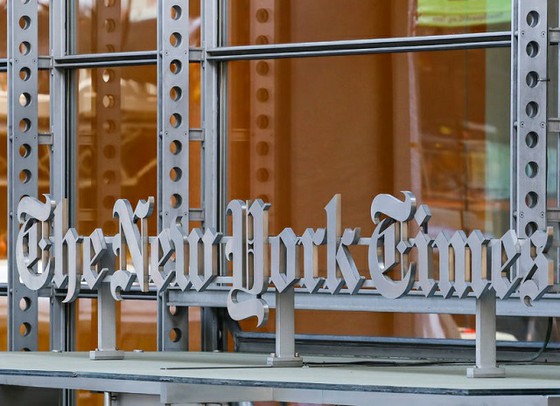 |
On August 10th (local time), the New York Times reported that screenings of the Barbie movie were suspended in Kuwait and Lebanon because it would harm the conservative values of their countries.
The Kuwait Film Censorship Board has announced that it will ban 'Barbie' on the grounds that it protects public ethics and social traditions.
According to Kuwait's state news agency, Rafi Al-Subay, undersecretary of the Press and Press Department, said Barbie "promotes ideas and beliefs that are incompatible with Kuwaiti society and public order" and added, "Foreign films often violate public ethics in Kuwait. Scenes will be censored, but films containing foreign concepts, messages or unacceptable behavior will be banned entirely."
Lebanon cited homosexuality as the reason. Mohammad Mortada, head of the Lebanese Ministry of Culture, has requested that the Interior Ministry, which is in charge of censorship, ban the screening of the film, saying, "Barbie violates religious and moral values and promotes homosexuality and sexual transformation." He also explained the reasoning behind the ban, saying, "Barbie mocks the role of mother and raises questions about the necessity of marriage."
Homosexuality has historically been widely criminalized in the Middle East. However, since Lebanon is one of the countries that are more tolerant of sexual minorities, the ban on the film has become a Hot Topic. Until 2017, Lebanon was the first Arab country to hold an LGBT parade week.
The NYT reported that "Barbie" will not feature explicit depictions of same-sex relationships. The film does features gay Kate McKinnon and transgender Hari Nef in its cast.
In connection with this, the NYT reported that there had been reports of an increase in anti-sex minority activity in Lebanon in recent months. He also noted that Lebanon's Shiite militant Hezbollah leader had urged Lebanese authorities to take action last month, saying homosexuality poses an "imminent danger" to Lebanon.
Barbie wasn't the only movie banned in the Middle East because of homosexuality or other sexual identities. Previously, "Spider-Man: Across the Universe" was banned in the United Arab Emirates (UAE) due to the appearance of a child protection poster by Suzy Tran in the teaser edition. "Lightyear," which focused on the buzz of "Toy Story," failed to screen in about a dozen Middle Eastern countries because it contained two women kissing. The Eternals, Marvel's first gay superhero, has been banned in Saudi Arabia, Qatar and Kuwait.
"Barbie" was previously banned in Vietnam. The reason for this is that a map showing territorial sovereignty over the South China Sea, which both China and Vietnam claim to be their own territory, was included as a reflection of China's unilateral claims. China draws a U-shaped line in the South China Sea, claiming that about 90% of it is its territorial waters.
On the other hand, the movie "Barbie", which is based on Barbie dolls, depicts what happens when the main character Barbie leaves the ideal "Barbie land" and comes to the real world. Director Greta Gerwig, who is active as an actor, director, and writer in Hollywood, took the megaphone and added a feminist perspective and realistic satire.
2023/08/14 11:53 KST


